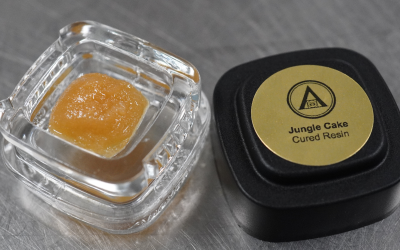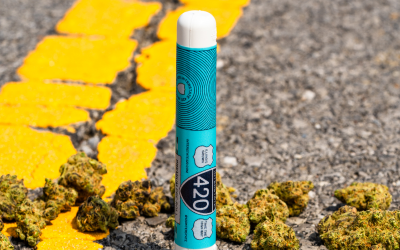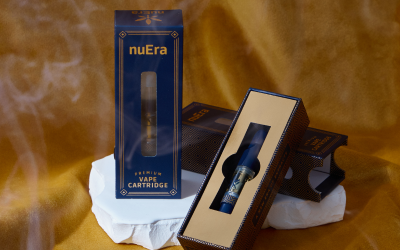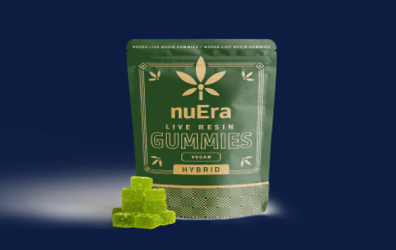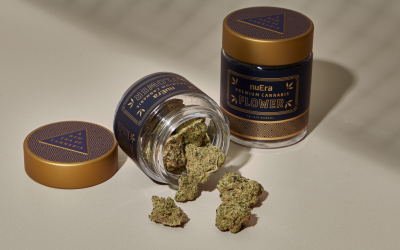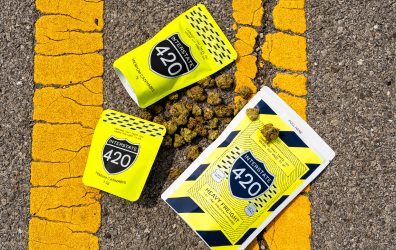In the dynamic realm of cannabis, understanding a product goes beyond its THC content. As enthusiasts, patients, or even occasional users, we’re often presented with terms, percentages, and labels that can be both enlightening and perplexing.
Among these, the Certificate of Analysis (CoA) stands out as a beacon of clarity. But what exactly is a CoA, and why is it pivotal for the modern cannabis consumer?
In this comprehensive guide, we’ll explore the intricacies of cannabis testing, debunk prevalent myths, and underscore why accurate COAs are the bedrock of a safe and enriching cannabis experience.
The Illusion of THC Percentages
It’s a widespread belief: higher THC percentages mean a superior cannabis product. But is this always the case? Not necessarily.
A high THC percentage, while indicative of potency, doesn’t always guarantee the desired effects. Some users have reported that products boasting high THC didn’t quite match their expectations.
This raises pertinent questions about the accuracy and consistency of cannabis testing across the board.
Terpenes: Beyond THC
While THC is undeniably a significant component of cannabis, it’s not the sole determinant of a product’s quality or effects.
Enter terpenes, the aromatic compounds in cannabis that often play second fiddle to THC in popular discourse. Terpenes are crucial. They determine how THC interacts with our system, influencing everything from aroma to the overall experience.
Overly processed products might lose these vital terpenes, thereby diminishing their therapeutic and recreational potential.
Decoding the Certificate of Analysis (CoA)
A Certificate of Analysis (CoA) is more than just a document. It’s a testament to the chemical composition of a cannabis product, offering insights into its potency, safety, and quality.
Every consumer has the right to request a CoA when purchasing a product. Progressive producers are even integrating QR codes on their packaging, granting consumers direct access to this vital information.
However, the industry has witnessed instances where CoAs from different labs varied for the same product, emphasizing the urgent need for standardization and transparency in cannabis testing.
The Shadow of the Black Market
Despite the strides in legalization and regulation, the black market for cannabis persists, especially in regions with high legal cannabis prices. This unregulated arena poses significant risks, as products often bypass rigorous testing.
By understanding the importance of CoAs and being equipped to interpret them, consumers can make informed decisions, sidestepping potential hazards and opting for safer, tested products.
The Road Ahead: Advocating for Transparency and Quality
The cannabis industry, though burgeoning, is still in its nascent stages. As it continues to grow, so does the responsibility of producers, testers, and consumers.
Advocating for transparency, education, and quality is not just a choice—it’s a necessity. By understanding the nuances of cannabis testing and the pivotal role of accurate CoAs, we can foster a safer and more informed cannabis culture.
Conclusion
The world of cannabis is vast, intricate, and ever-evolving. As consumers, our quest for knowledge and safety should be relentless. Accurate COAs, comprehensive testing, and an understanding of the myriad components of cannabis, from THC to terpenes, are essential tools in our arsenal.
Armed with this knowledge, we can navigate the cannabis landscape confidently, ensuring enriching experiences rooted in safety and trust.



